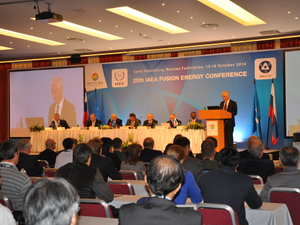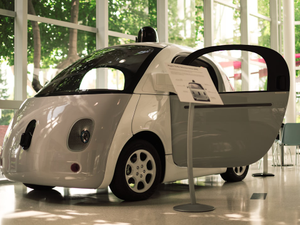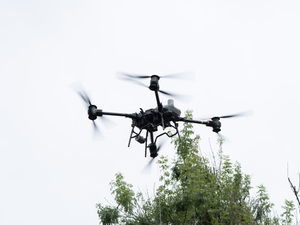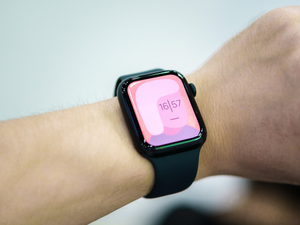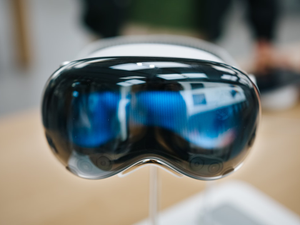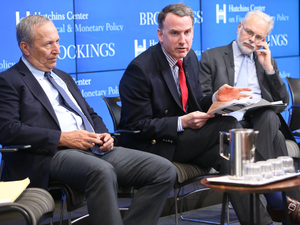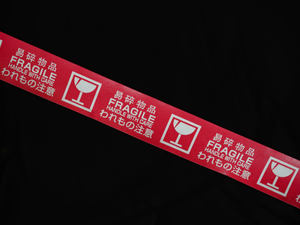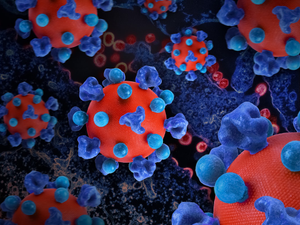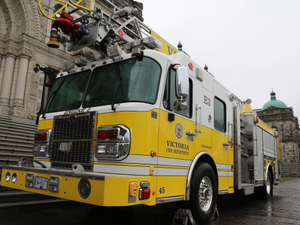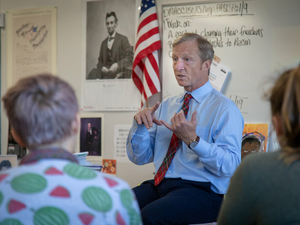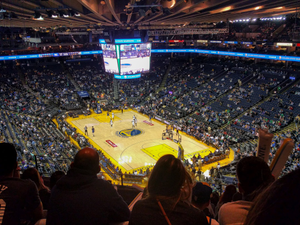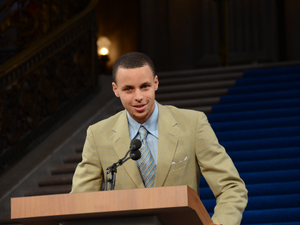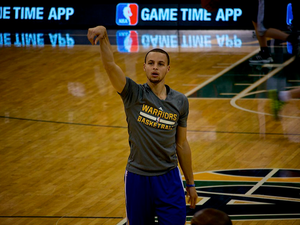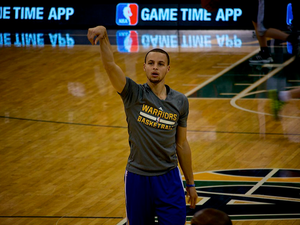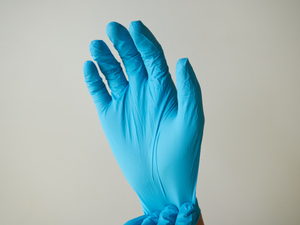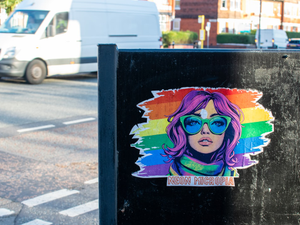AI Could Soon Predict Your Breast Cancer Risk - Here's What You Need to Know
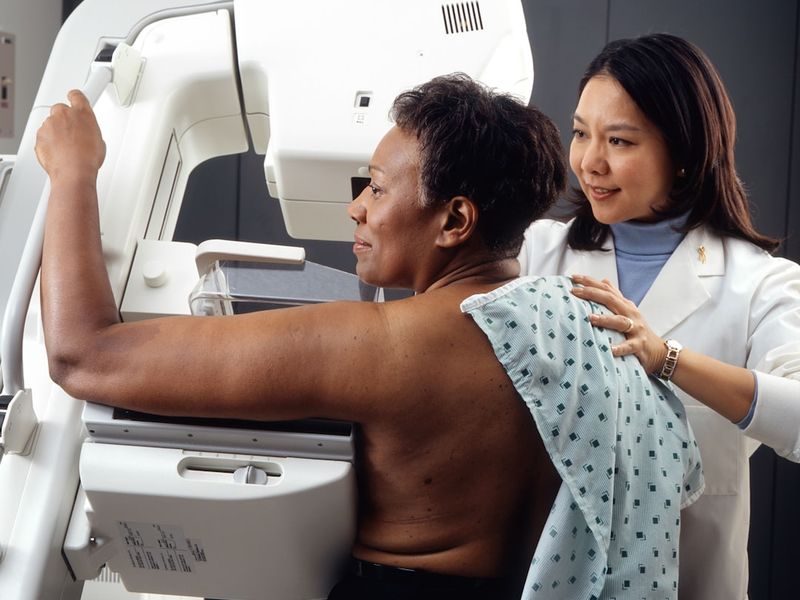
Photo by National Cancer Institute on Unsplash
Imagine a world where your annual mammogram doesn’t just detect cancer, but predicts your potential risk before it develops. A groundbreaking artificial intelligence technology called Clairity is making this a reality.
Clairity represents a significant leap forward in breast cancer screening, using advanced AI algorithms to analyze mammogram images and generate a personalized risk score for developing breast cancer within the next five years. Unlike traditional risk assessments that rely on family history and genetic factors, Clairity’s technology was trained on hundreds of thousands of mammograms to identify subtle patterns that might indicate future cancer development.
Dr. Connie Lehman, founder of Clairity and chief of breast imaging at Massachusetts General Hospital, explains that the AI can distinguish between mammogram patterns of women likely to develop breast cancer and those who are not. A 2022 study published in the Journal of the National Cancer Institute found that Clairity’s predictions were often more accurate than conventional risk assessment tools.
The technology has already received FDA authorization and is beginning to appear in hospitals across the United States. Donna McKay, CEO of the Breast Cancer Research Foundation, calls this a “paradigm shift” in how we approach mammography - transforming it from a purely diagnostic tool to a predictive one.
However, medical experts caution against over-relying on the technology. Dr. Laurie Margolies from Mount Sinai Health Service emphasizes that while the tool is valuable for identifying high-risk individuals, it doesn’t guarantee cancer development or catch every potential case.
For individuals with an average risk score, standard mammogram screenings every one to two years remain recommended. Those with higher risk scores might be advised to undergo additional screening methods like MRIs or ultrasounds.
Currently, Clairity is working to gain insurance coverage. Dr. Lehman estimates the test could be offered for less than $200, additional to standard mammogram costs. The ultimate goal is to make this technology accessible and help change the landscape of breast cancer detection and prevention.
As AI continues to revolutionize healthcare, technologies like Clairity offer hope for more personalized, proactive medical screening.
AUTHOR: mei
SOURCE: NBC Bay Area



